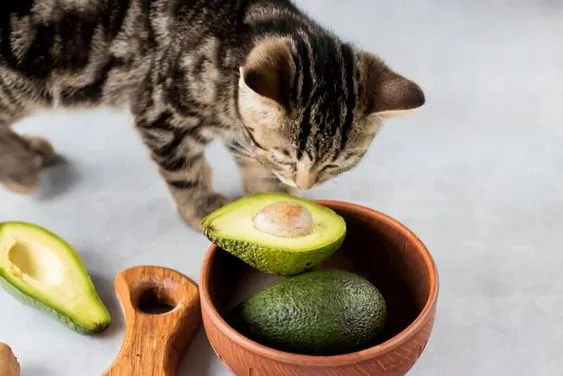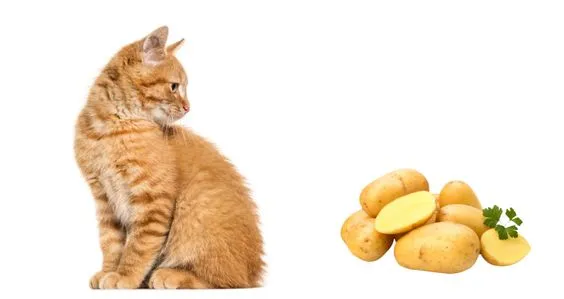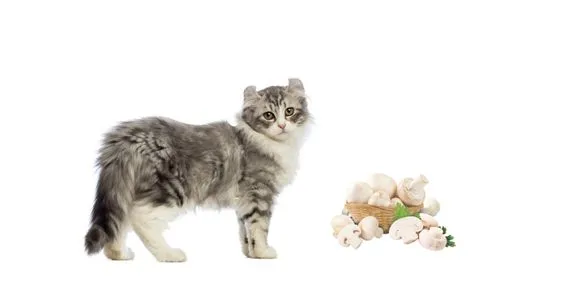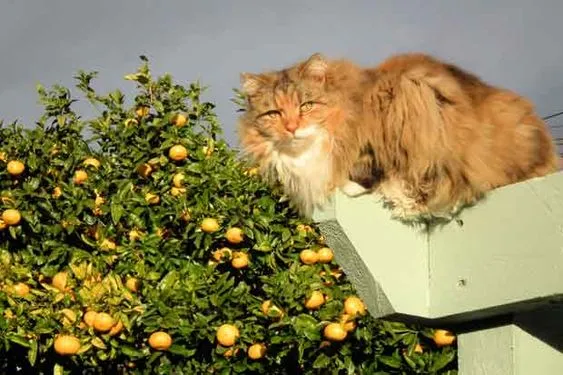Can Cats Eat Rice
When it comes to the dietary needs of our beloved feline companions, it’s essential to navigate the terrain with precision. As conscientious pet owners, we aim to provide our cats with optimal nutrition to ensure their well-being. A common question that arises in this context is whether cats can safely incorporate rice into their diet. We will thoroughly explore this question and provide you with a definitive answer.
Understanding Cat Nutrition
Before we delve into the intricacies of cats and rice consumption, it’s imperative to grasp the fundamentals of cat nutrition. Cats are classified as obligate carnivores, meaning their bodies are adapted to thrive on a diet primarily consisting of animal-based protein. Unlike omnivores like humans, cats have limited requirements for carbohydrates in their diet. Therefore, when considering additional dietary components such as rice, a nuanced approach is necessary.
Safety of Plain Rice for Cats
Plain rice, when offered in small quantities, is generally considered safe for cats. However, it’s crucial to understand that plain rice does not contribute significantly to a cat’s nutritional requirements. A respected veterinarian, emphasizes that cats have minimal carbohydrate needs, and plain rice, being a carbohydrate source, does not offer substantial health benefits to our feline companions.
Furthermore, cats may encounter challenges when digesting and processing carbohydrates like rice. Prolonged and excessive consumption of carbohydrates can also predispose cats to health issues, including obesity and diabetes. Therefore, while plain rice is not toxic to cats, it should be administered sparingly and in small portions.
Brown Rice vs. White Rice for Cats
You might be wondering whether brown rice is a superior choice for cats compared to white rice. A respected veterinarian explains that while brown rice does contain slightly more nutrients than fortified white rice, the nutritional distinctions between the two are not significant enough to exert a substantial impact on a cat’s overall health.

Since cats can only consume rice in limited amounts as an occasional treat, the minor nutritional advantages of brown rice over white rice do not justify a preference. Regardless of the rice type, moderation and restricted servings should be the guiding principles.
Determining the Appropriate Rice Quantity for Cats
Establishing the suitable quantity of rice for your cat hinges on their daily calorie intake. As a general guideline, treats, including rice, should constitute no more than 10 percent of your cat’s daily caloric allowance. For example, if your cat consumes 200 calories per day, treats, including rice, should not exceed 20 calories.
A teaspoon of rice typically contains about 5 calories, well within the acceptable range for a treat. Nevertheless, consulting your veterinarian is essential to ensure that your cat’s specific nutritional needs are met. Utilizing convenient tools such as the Pet Nutrition Alliance’s calorie calculator can provide precise estimates.
Frequency of Rice Consumption for Cats
The frequency at which your cat can indulge in rice depends on their overall health and their tolerance for this particular food. For healthy cats with an inclination toward rice, as long as they digest it well and do not have underlying health concerns, an occasional nibble of plain boiled or steamed rice is acceptable.

However, it is crucial to underscore that cat treats, including rice, should not constitute a significant portion of their daily caloric intake. Excessive carbohydrate consumption, such as rice, can lead to long-term health issues as well as short-term discomforts like diarrhea, bloating, and gas. Therefore, rice should remain an infrequent refreshment rather than a staple in your cat’s diet.
Summary
In summary, while cats can indeed consume rice, it should be administered with caution and restraint. Prioritizing a meat-based diet and offering rice as an intermittent treat, rather than a staple, is the recommended approach. Always consult your veterinarian for personalized guidance on your cat’s dietary needs. By recognizing and respecting your cat’s unique nutritional requirements, you can ensure their longevity and well-being.



















